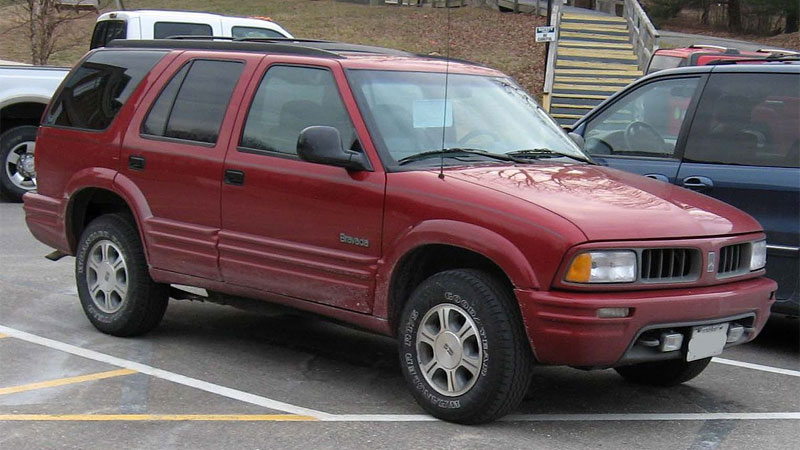The COVID-19 pandemic has dramatically affected car sales in the United States, particularly new vehicle sales. In 2020, consumer uncertainty had the largest impact, with many delaying their purchases.
Beginning in 2021, the global semiconductor chip shortage restricted sales even as consumers proved they were ready to shop again. As a result, American car owners now keep their vehicles for over 12 years, according to the IHS Market.
The lengthened years of car ownership underscores the importance of vehicle maintenance to supply a reliable value car for many years of extended driving. However, this also highlights growing challenges faced by millions of car owners when they are ready to shop again.

Indeed, the cost of vehicles, both new and used, have been increasing steeply for several years, encouraging drivers to keep the same car for longer.
Just two decades earlier, a vehicle would typically have changed hands only once or twice and lasted approximately 100,000 miles. Nowadays, Americans are keen to make their cars last for 200,000 miles or more.
Five Reasons to Get Rid of Your Car
Even so, selling may be the best option for consumers who are driving a rolling relic. In this case, the goal should be to get cash for cars that can no longer fulfill their purpose and use those funds to invest in a new or more modern vehicle.
The following are five reasons for changing your ride.
1. Your Car Sucks Too Much Fuel
The average fuel price shows no sign of going down, topping $4 per gallon in some states. Notably, some stations in California were charging over $6 per gallon beginning in November 2021. While prices vary across the country, it makes sense to consider your pain at the pump.
Unfortunately, fossil fuel is a non-renewable energy source, which means that prices are likely to continue increasing in the long term. Switching to a vehicle that requires less fuel per gallon or is fully electric can prove a smart move.
2. Replacement Parts Are Not Available Anymore
Finding car parts to accomplish repairs can become increasingly difficult when the vehicle is no longer in production. In some cases, mechanics need to find used parts from a reputable salvage yard to get the work done.
For rare or discontinued brands such as Suzuki or Daihatsu, it may take weeks to find the parts.
3. Maintenance and Repair Costs Are Increasing
Unfortunately, cars are not like good wine. They do not get better with age. They tend to develop more faults and issues as they age, which means that car owners will face higher repair and maintenance bills.
Unless you are ready to face increasing costs, it may be best to simply cut your losses and shop for a different vehicle.
4. The Car Is Too Small
Your current ride may not be sufficient to accommodate your changing needs. When your family is growing, you need to consider a vehicle that can keep everyone comfortable and safe.
That Miata you prized when you were dating isn’t going to be sufficient with a baby on the way.
5. You Work 100% From Home
The work environment has changed a lot since the pandemic. If you have less use for a vehicle, it’s worth considering selling it. Doing so would save you a lot of money that would otherwise be spent on insurance, maintenance, and parking.
Nothing stops you from buying a car when you move to a new work environment. Meanwhile, why should you pay to keep a vehicle you no longer use?
- The 8 Best French Cars To Buy In 2022 - Jun 16, 2022
- How To Tell If Your Car Is a Write-Off After a Collision - Jun 10, 2022
- 5 Signs Your Car is Beyond Saving (and Needs Replacement) - May 10, 2022

